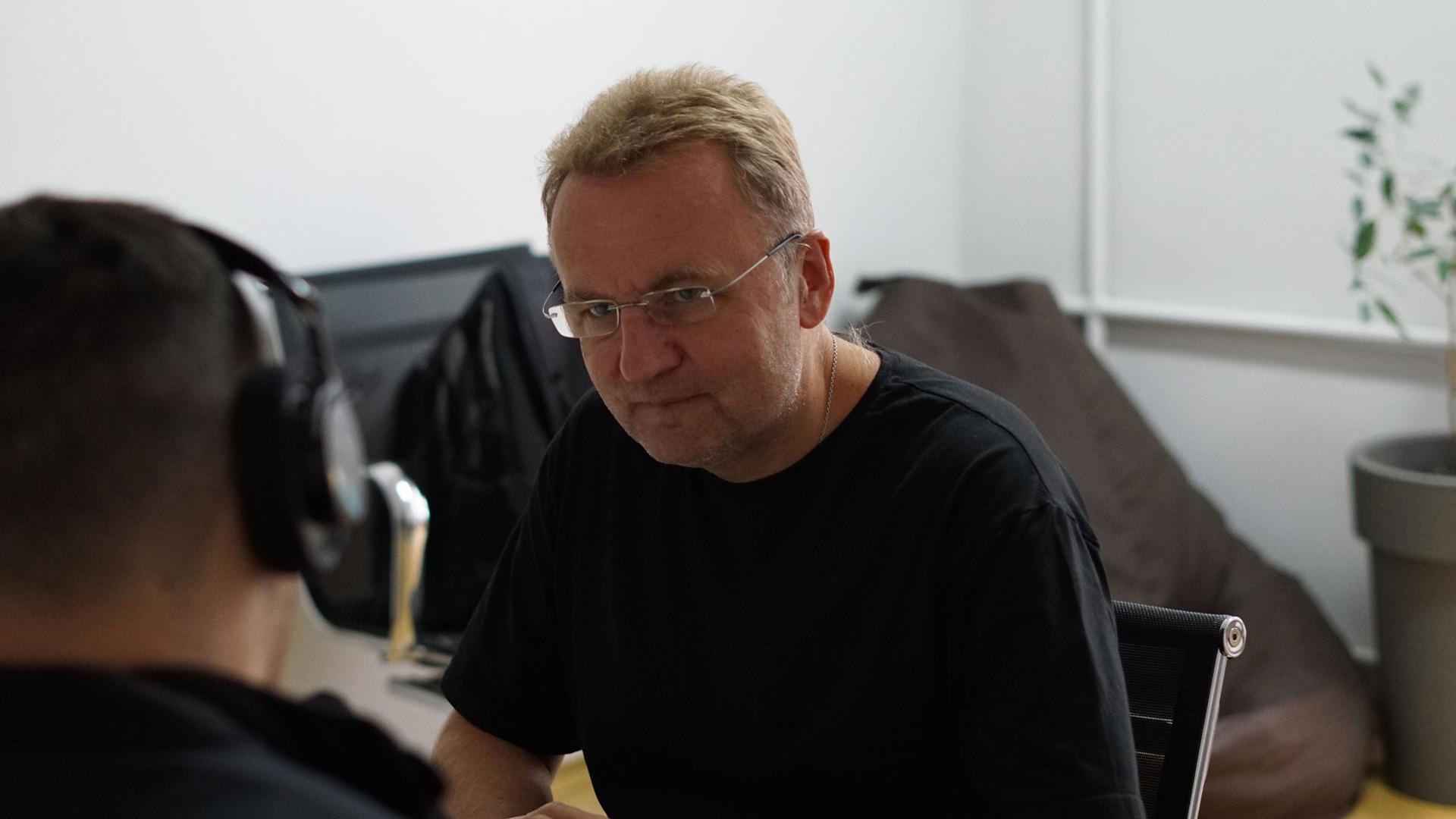The western city of Lviv, Ukraine, has been considered a safe haven since Russia invaded the country in February.
But the city has been attacked by Russian missiles at least four times. Air raid sirens continue to go off every few days.
The World’s Daniel Ofman spoke with Mayor Andriy Ivanovych Sadovyi, in Lviv, about how the city is preparing for a long winter ahead amid the ongoing war with Russia.
According to Sadovyi, the city has organized temporary housing to accommodate internally displaced people throughout the winter months and they are also rebuilding municipal accommodations for IDPs.
Medical supplies, however, are in short supply.
During the Russian invasion, Lviv’s medical community hosted more than 5,000 wounded Ukrainians, the majority of whom were civilians — women and children, Sadovyi told The World.
He said he hopes to create a “national ecosystem for rehabilitation.”
“I want to have an innovative manufacture of prosthetics. We must build permanent housing for elderly people. We must build temporary housing for people with disabilities after combat trauma,” Sadovyi said, noting that caring for childrens’ medical needs will require special consideration.
Lviv’s mayor also has to consider how families will have enough fuel to get through the cold winter months.
Russian missiles hit the city at least four times, completely destroying three electrical stations, an oil base and damaging infrastructure, he said. He worries that Russian missiles could do further damage to remaining electrical stations in the city.
“I must prepare [the] city [for] an emergency situation,” he said. “We must have a 100% guarantee that every citizen will have heat during the winter.”
While housing, heat and electricity are typical concerns for most mayors, Sadovyi said that his life completely changed since the war started and that these days, his mind is also on territorial defense.
“I must support the Ukrainian army. I must give maximum allowances for my new citizens — internally displaced people. And I must, all day, improve [and adapt to] different situations.”
It’s hard to predict the future, he said, and it’s a tough job, but Sadovyi said he’s up for the challenge.
“Never give up,” he said. “Only victory.”
Related: Medics on Ukraine’s front lines say war takes a heavy toll on mental health
Our coverage reaches millions each week, but only a small fraction of listeners contribute to sustain our program. We still need 224 more people to donate $100 or $10/monthly to unlock our $67,000 match. Will you help us get there today?
